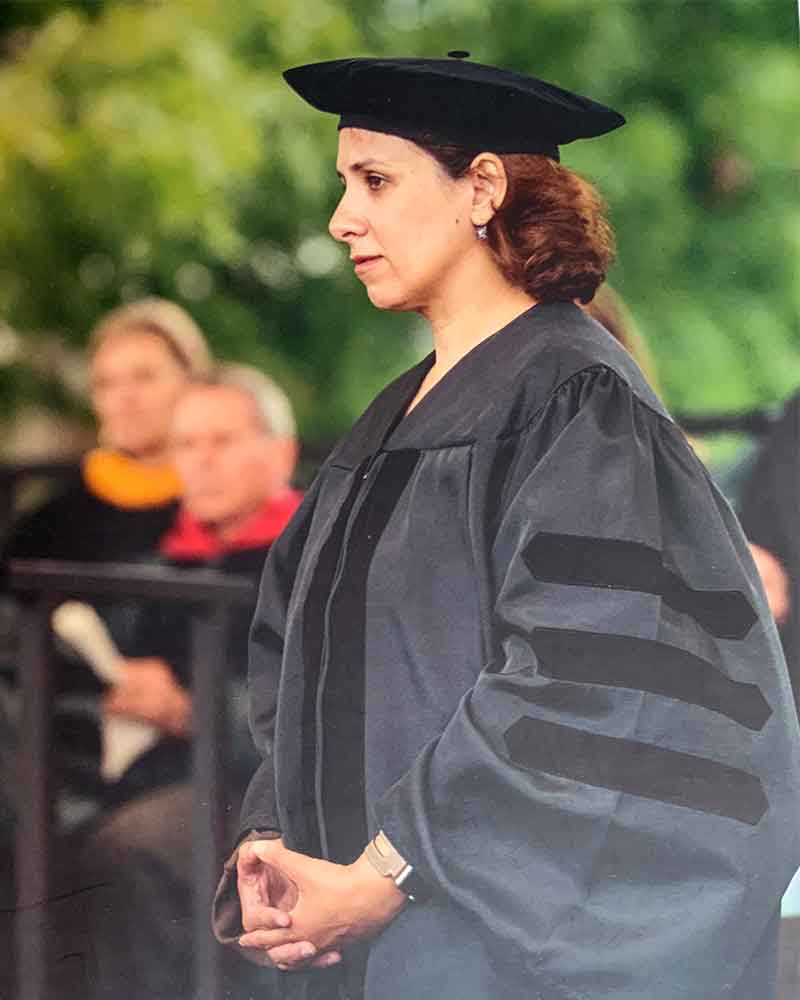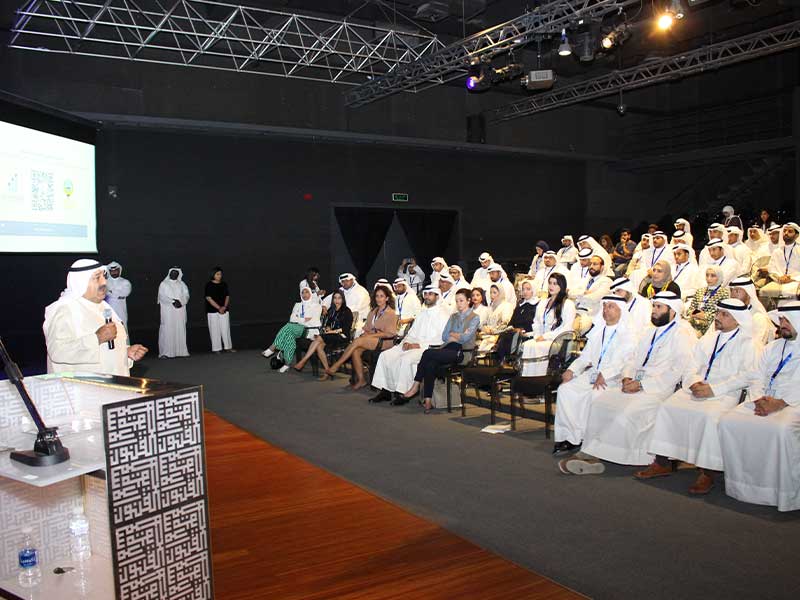
Chapter Four: Activist/Advocate/Humanitarian
From an early age, Nasser demonstrated an appreciation for people of diverse religions, races and nationalities. While concentrating his focus on the political and economic development of Kuwait and the arts specific to the geographic region known as the Islamic world, Nasser was also keenly aware of the value of other cultures and ideas.
As the child of the Minister of Foreign Affairs, Nasser was raised witnessing the real impact of understanding and empathy on international affairs and conflict resolution. During his years in Jerusalem, he was known to visit churches and synagogues as well as mosques to further understand the communities that surrounded him.
As a true lover of all things beautiful, he enjoyed exploring the art and cultural practices inherent in areas visited on his travels.

This exposure, on so many different levels, led Nasser to be extremely open-minded and multicultural. Possibly the most public demonstration of this was his support for women’s rights at home in Kuwait. While guaranteed equality in the Constitution, in practice, particularly in politics, women were subject to cultural restrictions that limited their role in the community.

Nasser was a keen and vocal advocate for women’s rights, recognising that the country deserved to benefit from the potential held by the women of Kuwait.
Early in his career, Nasser understood that the impact that women have on a community extends far beyond traditional women’s rights issues. He knew supporting women in the full spectrum of issues – political and humanitarian – would improve the quality of life in Kuwait and abroad.

To this end, he partnered with Nouria al-Sadani on many projects over many years. In 1979, for example, they worked together on her Project for Special Needs Children in Sharjah.

Later he was the patron for Tanami, a women’s empowerment organisation that brought all the communities in Kuwait together

As a visual reminder of the importance of women in Kuwait, he commissioned a bronze statue to be created by the most renowned Kuwaiti sculptor, Sami Mohammed. The sculpture depicts a woman’s fight to attain her rightful place on the political stage.

For more information on sculptor Sami Mohammed, click here
In addition, Nasser was a supporter of human rights movements in the country and beyond. He was a frequent contributor to social and cultural efforts in many and varied parts of the world.

He was the honorary president of the Kuwait Association for Protecting Public Funds (KAPPF), honorary chairman of the Kuwait Society for Formative Arts, and a founding member of the Kuwait Red Crescent Society, the Kuwait Society for the Advancement of Arab Children, and the Equestrian Club.
His support of Turquoise Mountain, a charitable organisation, founded by HRH King Charles III, working in Afghanistan, Myanmar, Saudi Arabia and Jordan, is a another good example.

His patronage helped facilitate the revival of historic areas and traditional crafts, the creation of artisan skills and jobs, and helps foster a renewed sense of pride in local communities.
For more information on Turquoise Mountain, click here
His belief in the ability of people – irrespective of their race, creed or gender – to thrive if given the right opportunities was as important to Nasser as his collecting and government service. Often, the people in question were children and Nasser particularly enjoyed connecting with them.
He remained faithful to these fundamental values until the end of his life.

Children played a role in the contribution of which he was most proud. By example and by design, all six of his children are involved in charitable and/or humanitarian work.


Dana is committed to education professionally and personally. As part of American University of Kuwait and to serve the local community, she provides university scholarships for select deserving young students and is the patron of a noted literary award initiated by Kuwiati playwright Taleb al-Refai. His oldest son Abdallah shares his passion for nature and the flora and fauna therein. He is an active animal rights campaigner, with a specific focus on falcons.
Sabah, the middle son, recognises the importance of art and culture in the community and is the patron of programmes encouraging creativity and young artists
His daughter Bibi is giving back as the founder, chair and active member of the Social Work Society of Kuwait, a civil society organization founded to protect, support and provide services to victims of human rights violations, focusing primarily on domestic workers.


Futouh embraced his commitment to children and continues his role and involvement in organisations that prioritise the needs of orphans in Kuwait and internationally.


His youngest son Fahad began visiting children in the hospital with his dad as a child. It is a practice he continues today. In addition, Fahad holds the volunteer position of President of the Kuwait Olympic Committee.

It is not surprising that a man who loved the sea, the outdoors, camping, falconry, and horses was an advocate for the environment. For Nasser, protecting it carried the same passion as did the collection and preservation of art objects.
From official actions, like helping found Kuwait’s Equestrian Club, to informal activities like desert camping with all the traditional elements, he respected nature and recognised the importance of preserving and protecting it.
This sentiment carried over to his government service, where he was the Chairman of the Supreme Council for the Environment. In that capacity, he promoted the implementation of strategies designed to protect natural resources in Kuwait and throughout the GCC.
He also worked closely with Kuwait’s EPA and private sector environmental groups on efforts to protect Kuwait Bay and to carry out similar environmental conservation projects across the country.






